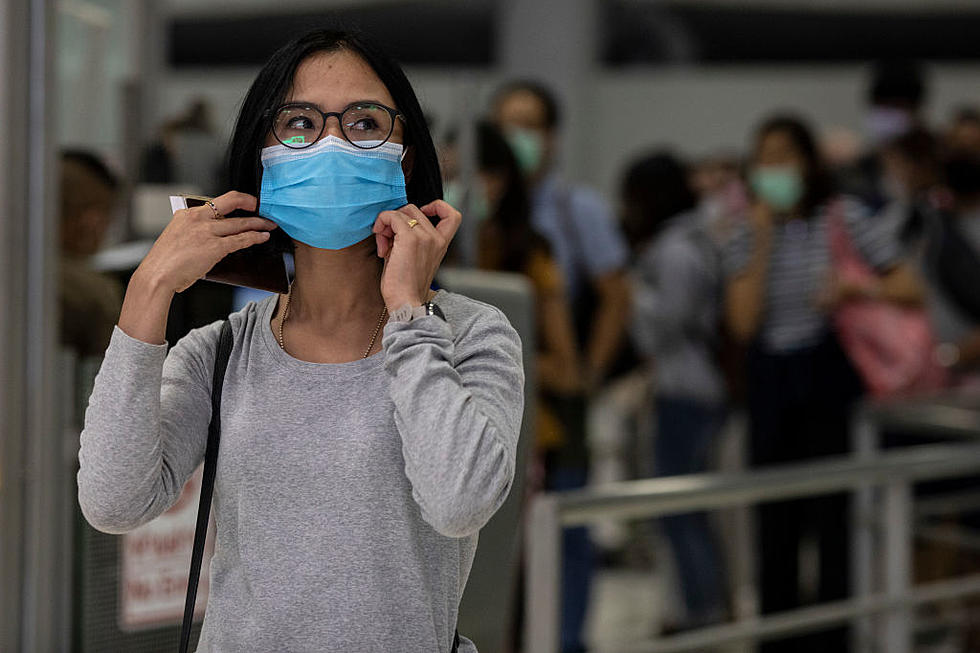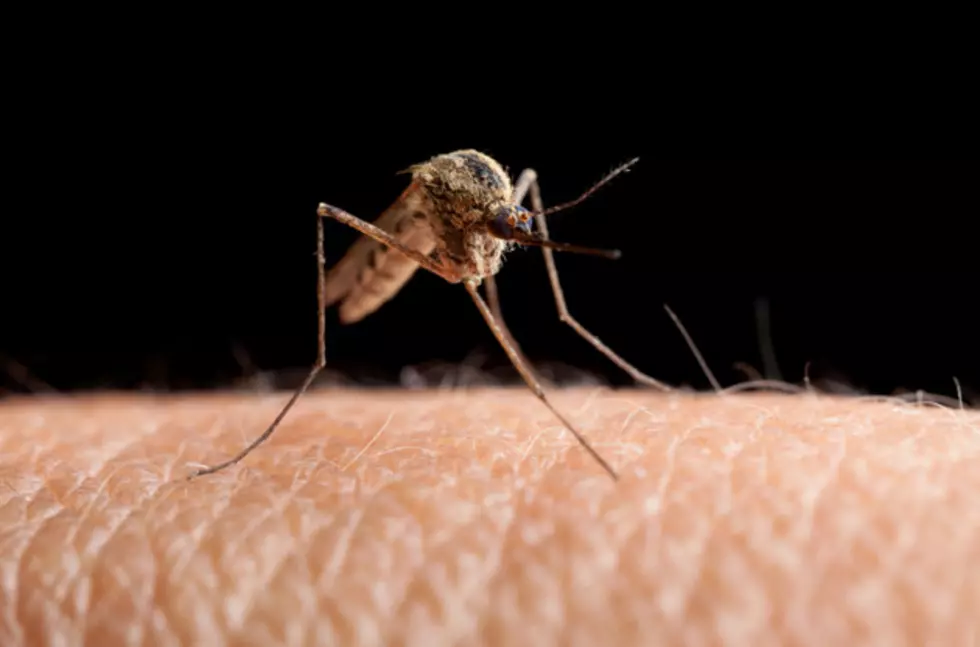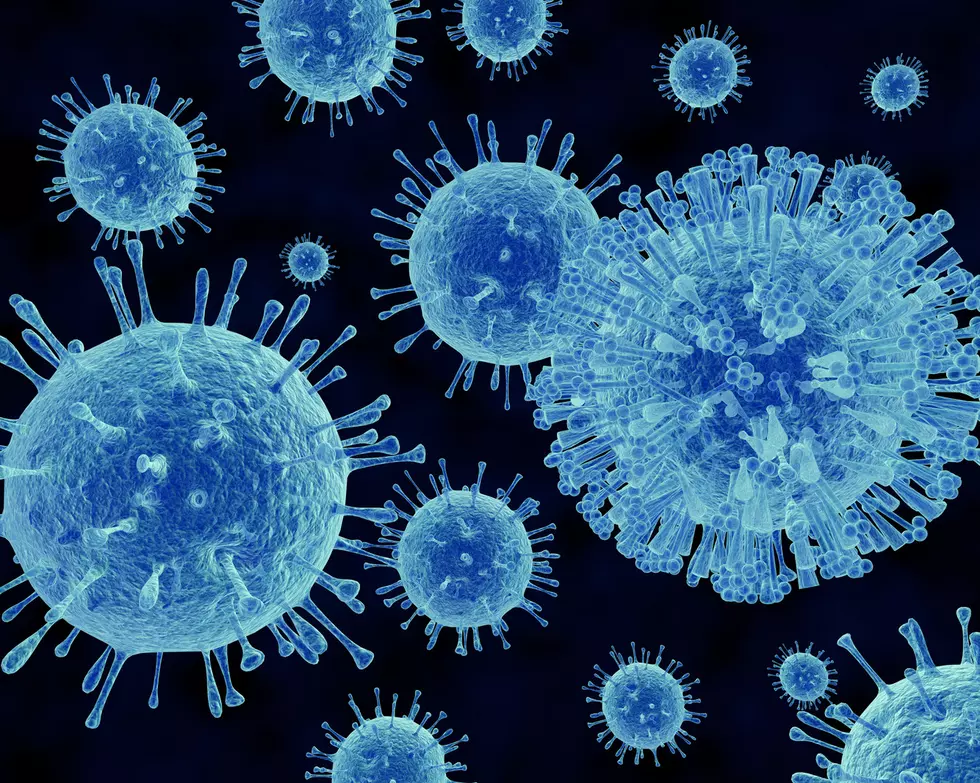
Parents Being Warned of Serious Respiratory Virus Hitting Dozens of Children in New York State
A serious respiratory virus with no vaccine has hit the Empire state, infecting 39 children in Central and Western New York, Long Island and the Capital region.
The New York State Department of Health is advising parents and care givers, to be aware of the signs and symptoms of enterovirus EV-D68; a virus that can cause mild to severe respiratory illness, or no symptoms at all.
Common symptoms:
- Runny nose
- Sneezing
- Cough
- Body & muscle aches
Severe symptoms(less common):
- Wheezing
- Difficulty breathing.
In rare instances, the virus can cause acute flaccid myelitis (AFM), causing weakness in the arms or legs.
Who is at risk?
Children and teenagers are most likely to get infected with EV-D68 in the Summer and Fall. Children with asthma may have a higher risk for severe respiratory illness. Adults can get infected too, but they are more likely to have mild to no symptoms.
How's it spread?
Enteroviruses are transmitted through close contact with an infected person, or by touching anything contaminated with the virus and then touching the mouth, nose or eyes. There is no specific treatment for EV-D68 infections other than management of symptoms.
"All parents must take simple steps to protect their children, especially those who are immune-compromised or have respiratory problems, to avoid becoming infected," said New York State Health Commissioner Dr. Howard Zucker.
Protect yourself:
- Wash your hands often with soap and water for 20 seconds.
- Avoid touching your eyes, nose and mouth with unwashed hands.
- Avoid kissing, hugging and sharing cups or eating utensils with people who are sick.
- Disinfect frequently touched surfaces, such as toys and doorknobs, especially if someone is sick.
- Use the same precautions you would use to prevent the spread of influenza.
Small numbers of EV-D68 have been reported regularly in the U.S. since 1987 but New York was among 49 states that saw an outbreak in the Summer and Fall of 2014, infecting over 1,100 people. Almost all of the confirmed cases were among children, many of whom had asthma or a history of wheezing. And those were just the people who saw a doctor.
Get more information on EV-D68 at the CDC.
More From Big Frog 104









